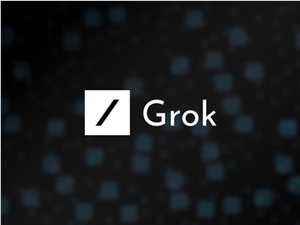Amid the intensifying competition in the field of artificial intelligence, top talent has become a strategic resource that major tech companies are fiercely competing for. Recently, two core technical personnel from OpenAI inadvertently revealed the company's high level of caution regarding internal personnel information during an episode of the podcast "Before AGI." This small incident not only caused laughter but also reflected the tense atmosphere in the AI industry.
In the episode, Szymon Sidor, a technical researcher at OpenAI, discussed the importance of model debugging in AI development and mentioned that the company is recruiting a group of "very skilled at debugging" outstanding employees. He also referred to them as "one of the most valuable employees at OpenAI." However, when he tried to reveal more details, another participant immediately interrupted him, reminding him "not to say the names," causing a wave of laughter in the room. This scene seems to indicate that even the identities of internal employees need to be strictly confidential.
Notably, this conversation was cut from the YouTube and X video versions of the podcast, but it remained intact in the audio version on Spotify and Apple Podcasts. This confidentiality measure has raised questions about the AI talent war. In fact, it had been previously reported that Meta's CEO Mark Zuckerberg compiled a list of "AI stars" and successfully lured several well-known talents from OpenAI, including Shengjia Zhao, co-creator of ChatGPT and former chief scientist, and Alexandr Wang, founder of Scale AI.
OpenAI's CEO Sam Altman has also revealed that Meta offered up to $1 billion (approximately 718 million Chinese yuan) in compensation to lure top researchers. Additionally, Google has also been actively recruiting talent, even poaching the CEO and several employees who were about to join OpenAI from the AI startup Windsurf.
With the continuous advancement of AI technology, debugging engineers are becoming increasingly valuable. Engineers who can deeply understand and precisely control the operation mechanisms of models are undoubtedly scarce resources that the entire industry is competing for. Therefore, OpenAI's strict confidentiality regarding internal personnel is not surprising, reflecting the current tension and sensitivity in the AI talent market.










